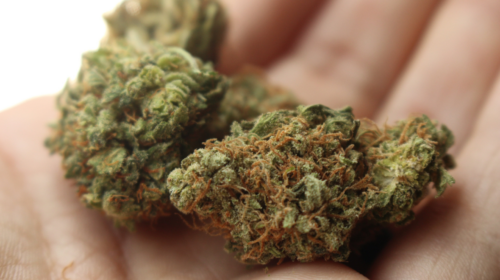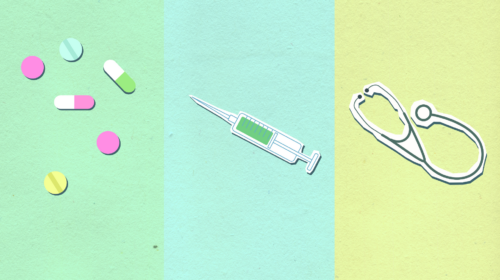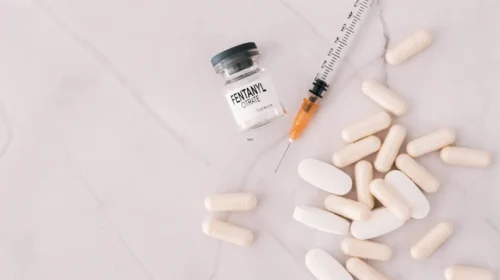While the term may sound foreign, it is highly intertwined with drug and alcohol addiction and many times is the condition that must be treated in rehabilitation to help patients obtain sobriety. What is a dissociative disorder? According to Psych Central’s article, “In-Depth: Understanding Dissociative Disorders,” “Dissociation is a common defense/reaction to stressful or traumatic situations…1” that can become a disorder when a severe isolated trauma or a repeated trauma occurs, which “impairs the normal state of awareness and limits or alters one’s sense of identity,memory or consciousness. ” In short, if something bad happens to a person that is horrifying or occurs frequently, it can severely affect them mentally, emotionally and physically.
There is a wide range of events that can cause a person to develop a dissociative disorder, such as sexual abuse or the loss of a loved one. Other larger events, such as “natural disasters, such as earthquakes, political traumas such as holocausts, hostage situations, wars, random acts of violence (such as the Oklahoma city bombing and the Columbine shootings) ” can also spark dissociative disorder. Studies on the topic have found that dissociation is rampant in many different societies and the reactions and coping mechanisms are also very similar1. Unfortunately, dissociative disorder is a worldwide problem often goes untreated or self-medicated with drugs, alcohol and other addictions
.
Many times, when dissociative disorder is misdiagnosed, affected parties are treated for addiction, bipolar disorder, ADD/ADHD and anxiety disorder. As research about the disorder develops, we are able to better diagnose and treat the symptoms. As I previously mentioned, people who struggle with dissociative disorder sometimes self-medicate with the use of drugs and alcohol, which can sometimes result in addiction that requires rehabilitation. This can result in a couple different situations. First, if they choose to enter residential treatment or some form of addiction counseling, they will hopefully be diagnosed with dissociative disorder, which can be treated along with the other emotional and psychological factors contributing to their addiction. On the other hand, the person with dissociative disorder may try to help him or herself by cutting the alcohol and drugs ‘cold turkey’ from home.
Especially with dissociative disorder, treatment of the surface symptoms typically only delivers short-term sobriety because the inner-pain of the addiction and disorder still exists. The old saying “putting a band aide on a bullet wound” applies here. If there is emotional pain behind harmful self-talk or abuse, you or loved one may want to ask about dissociative disorder. If you struggle with addiction to drugs and alcohol, please seek help through counseling or treatment.

























